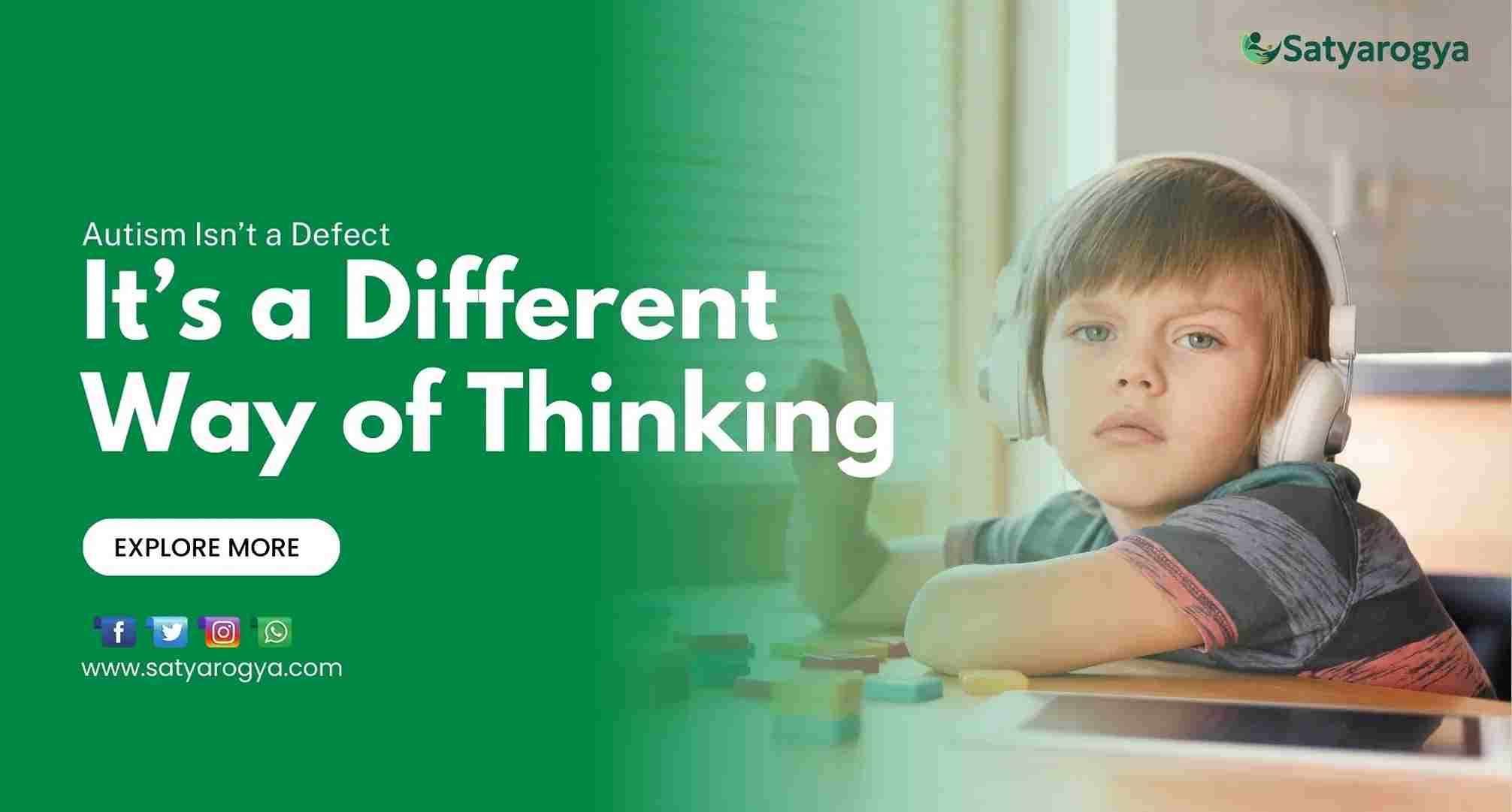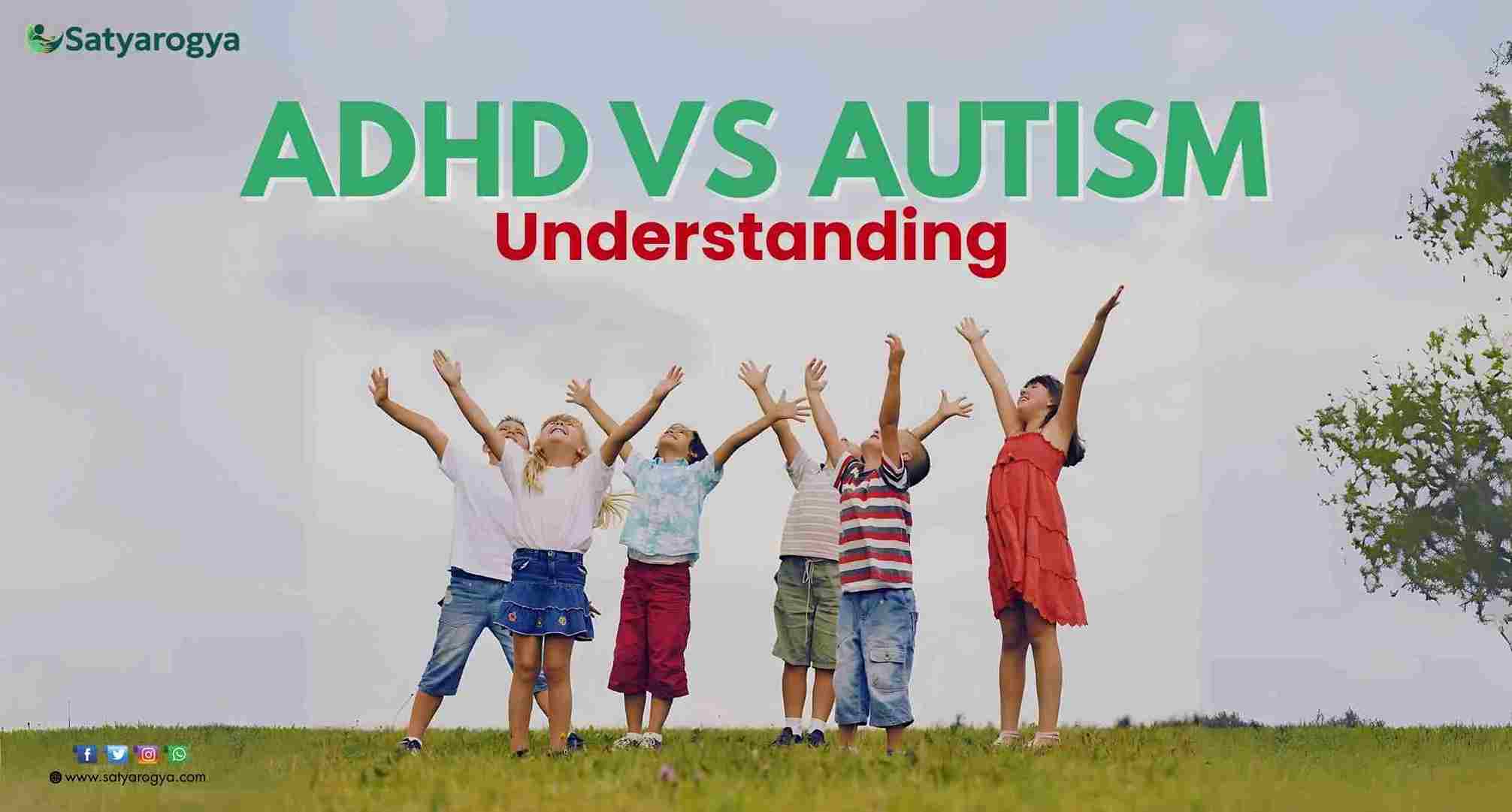
Care for Children with Autism Spectrum Disorder.
Caring for a child with Autism Spectrum Disorder (ASD) involves early identification, tailored interventions, and ongoing support to help each child reach their fullest potential.Early Intervention: The Foundation of Care:
- Early intervention, ideally starting between ages 1 and 3, is crucial because a young child’s brain is highly adaptable and capable of forming new connections.
- Early intervention services may include speech therapy, behavioral therapy (such as Applied Behavior Analysis, or ABA), occupational therapy, and social skills training.
- Programs like the Early Start Denver Model (ESDM) use play-based activities to foster communication, social, and cognitive skills, often involving parents as active participants.
- Research shows that children who receive early intervention often make significant progress in communication, behavior, and socialization, and may even reach developmental milestones similar to their peers.
Key Strategies for Supporting Children with Autism:
- Applied Behavioral Analysis (ABA): Focuses on encouraging positive behaviors and reducing challenging ones, while also supporting language and social skill development.
- Speech and Language Therapy: Helps children develop communication skills, whether verbal or nonverbal.
- Occupational Therapy: Assists with daily living skills, sensory integration, and fine motor skills.
- Play-Based Interventions: Approaches like Floor Time and Integrated Play Groups encourage social interaction and imaginative play, which are essential for learning and development.
- Parent and Family Training: Equips caregivers with strategies to support their child’s growth at home and in the community.
Accessing Services:
- Children with ASD may be eligible for early intervention services through local or national programs, often without the need for a physician’s referral.
- The Individuals with Disabilities Education Act (IDEA) ensures access to services for children under age 3 who are at risk of developmental delays.
- It’s important to seek an evaluation and begin interventions as soon as developmental concerns are noticed-early action leads to better outcomes.
Benefits of Early and Ongoing Care:
- Improved communication and social skills
- Enhanced independence and daily living abilities
- Reduced parental stress and improved family quality of life
- Greater chances for inclusion in mainstream educational settings
Conclusion:
Early, individualized, and consistent intervention is the cornerstone of effective care for children with autism. By starting support as soon as possible and involving families in the process, children with ASD can develop essential skills, increase independence, and participate more fully in family, school, and community life.

